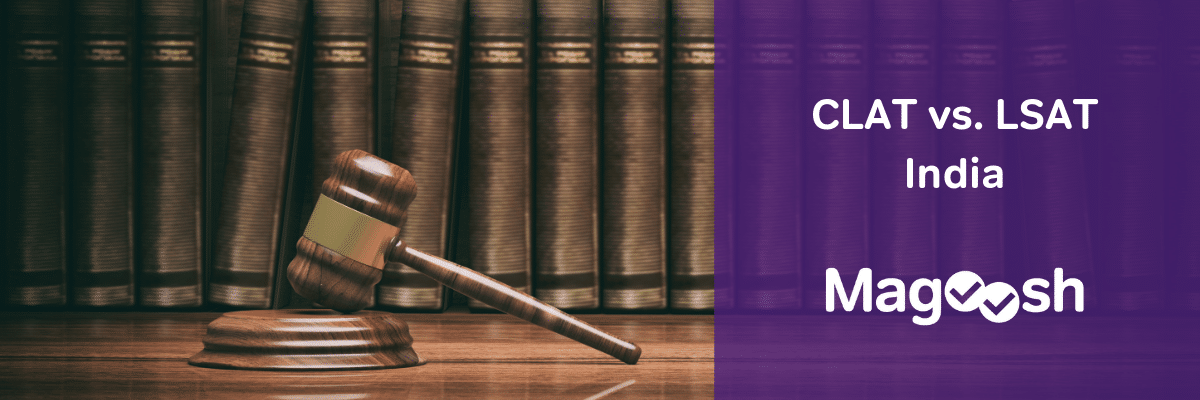If you haven’t already read it, now would be a great time to look at our post on The Most Common Logical Reasoning Question Types. In that post, we talk about how the three most common question types (Assumption, Flaw, and Inference) comprise about 40% of the section. Add in the next two most common question types (Weaken and Strengthen) and that number jumps up to over 60%. In this post, we’ll look at the most important LSAT Logical Reasoning question types.
So what?
Let’s think about how this could affect your LSAT prep efforts. If you answered all the Assumption, Flaw, Inference, Weaken, and Strengthen questions correctly–and if you left every other Logical Reasoning question blank–you would score 15-16 points in each section. If you performed equally well in Logic Games and Reading Comprehension, you would get 14 and 16-17 points from each of those sections, respectively. Overall, your raw score on the LSAT would be somewhere between 60 and 63 points. That’s a scaled score somewhere in the 152-154 range. In other words, you’re already scoring above average.
But that’s unrealistic!
Of course it is. First of all, nobody gets all the Assumption, Flaw, Inference, Weaken, and Strengthen questions correct (except those scoring well into the 170s). Second, nobody leaves all the other questions blank. Third, you’re probably hoping for a score much higher than the low 150s.
I’m not recommending that you only answer the five most common question types. I’m merely pointing out that you have much more to gain from practicing those question types than you have from obsessing over Method of Argument or Point of Contention questions.
Think of it this way
Remember those questions that ask you something like, “The answer to which of the following questions would allow you to assess the validity of the conclusion in the argument above?” If you’re struggling with these questions–and many, many people do–you’re probably wasting your time.
That question type appeared 26 times in the 55 real LSAT exams that I catalogued. That means it appeared less than once every two tests. You’re unlikely to see even one of these questions on your exam, and if you do, it’s almost certain that you won’t see more than one. So, if you’re devoting serious time to practicing this question type, you’re way off base. The only people who should be regularly practicing these questions (we call them Evaluate the Conclusion questions) are those who are trying to score above 170.
Focus on skills that will pay off
The skills that will pay off in the Logical Reasoning section of the LSAT are identifying assumptions, mapping out the logic of an argument, and reading narrowly and precisely for meaning. The first of these skills will help you master Assumption, Strengthen, Weaken, Principle, Paradox, and Evaluate the Conclusion questions. The second of these skills will help you master Flaw, Parallel Reasoning, Parallel Flaw, Method of Argument, Role of Statement, and Main Idea questions. The third skill will help you master Inference, Point of Contention, and Point of Agreement questions.
Again, focus on identifying assumptions, mapping out logic, and reading narrowly and precisely. That will earn you more points in Logical Reasoning than anything else.
How can you practice these basic skills?
The best way to practice those skills is by focusing respectively on Assumption questions, Parallel Reasoning questions, and Inference questions.
Assumption questions require you to identify the gap between the evidence presented and the conclusion drawn. In other words, you need to find some piece of information that isn’t provided but that successfully connects the evidence to the conclusion. Strengthen and Weaken questions are just variations on this theme. Strengthen questions ask for a piece of information that isn’t provided, but that reinforces the connection between the evidence and the conclusion. Weaken questions want new information that damages that connection.
Parallel Reasoning questions demand a careful mapping of the argument’s logic. This is where reading some of our posts on formal logic could come in handy. Once you’ve done that, it’s all about practice. Check out this table that shows where to find Parallel Reasoning questions, and do as many of them as you can stand. But make sure you start them out by mapping out any conditional reasoning first. And remember, you have to map out both the stimulus and the five answer choices. That’s why these questions are some of the most time consuming on the exam. However, if you master them, you’ll be prepared for all the other question types that require you to understand the structure of the argument, rather than its content.
And finally, Inference questions are all about close reading. If you’re unfamiliar with the term, a quick look at the Wikipedia article on close reading wouldn’t hurt. Better yet, check out a more in-depth exploration of what it is and why it’s important. In short, close reading means paying attention to and treating each word as uniquely important to the text. Even more simply put, every word counts. Inference questions are asking you to look at the information provided and determine something new that can be concluded based exclusively on that information. If you get good at this, you’ll be able to handle Point of Contention questions comfortably because you won’t be assuming anything about the speakers’ statements. Instead, you’ll be closely reading the words that actually compose their arguments.
Let’s Review
If you’re looking for the most bang for your buck, or more appropriately, the most return on your investment of time and energy, you have two options. First, you can simply focus on practicing the question types that appear most often: Assumption, Flaw, Inference, Weaken, and Strengthen. Second, you can focus on building the skills that are most necessary to success in Logical Reasoning by practicing Assumption, Parallel Reasoning, and Inference questions. Either way, you’re going to be doing a lot of Assumption and Inference questions.
And that’s why I consider Assumption and Inference questions to be the two most important question types in the LSAT Logical Reasoning section. Master them, and you’re most of the way there.





